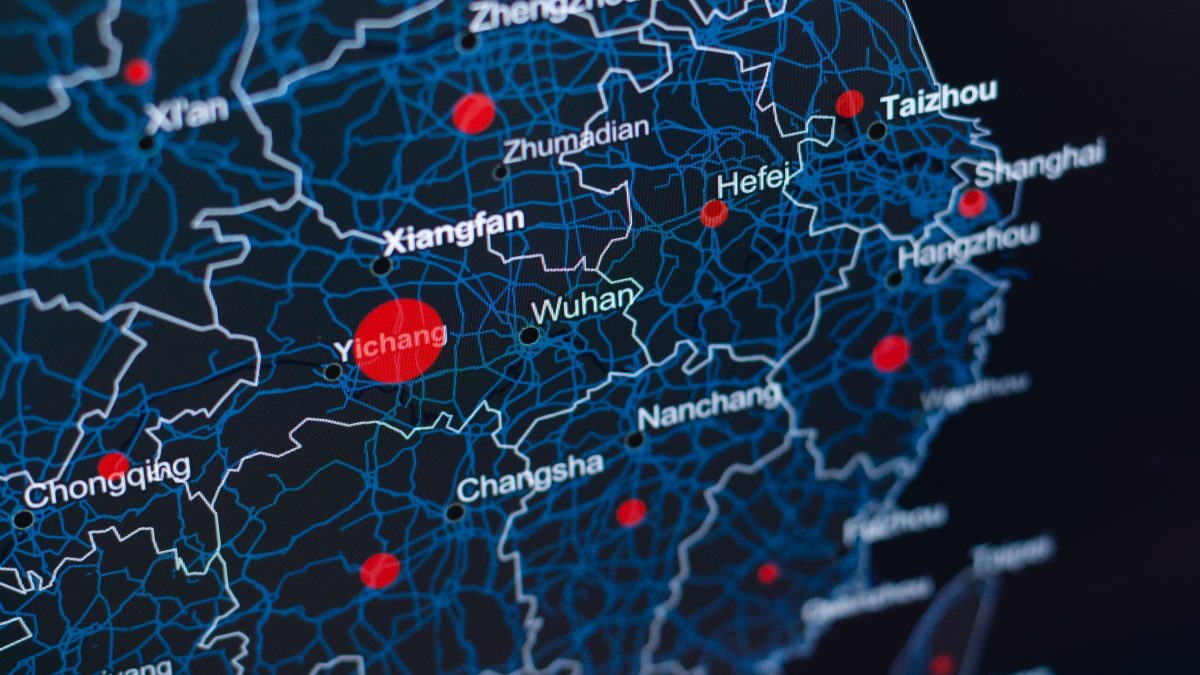
Politicising sports: inappropriately staged or appropriately inseparable? The background to the Beijing Winter Olympics Boycott
February 19, 2022
LinkedIn for Law Students
February 21, 2022Article by Isabella Milnes-James
China is the largest exporter of goods and services globally and the second-largest importer. Based on 2021 IMF figures, China now ranks second only to the USA in terms of Gross Domestic Product (GDP). This has risen dramatically from China’s position as sixth in 2000, behind Japan, Germany, the UK and France, to their current position as second. Now, China enjoys a GDP that is greater than the combined GDP of Japan, Germany, the UK and France.
China’s increased economic prominence grants it a greater ability to influence global politics. A recent example of this has been China’s imposition of trade restrictions on Australia. This was in response to Marise Payne, the Australian Foreign Minister, calling for a global inquiry into China’s handling of the coronavirus outbreak in Wuhan and the origins of the virus. Australia’s economy is heavily reliant on China. Research firm, Capital Economics, stated that between 2019 and 2020, 39.4% of Australia’s goods and 17.6% of Australia’s services were exported to China. Interestingly, the overall impact of the trade restrictions on Australian exports to China hasn’t been as drastic as was initially feared. China is the world’s greatest importer of iron ore, and the overwhelming majority of this natural resource is sourced from Australia. Unsurprisingly, China has not extended the restrictions to this imported good. Fortunately for Australia, iron ore is its biggest export and is partly the reason why they have been able to withstand China’s other targeted trade sanctions. Nonetheless, without these iron ore exports, Australia could have been economically strongarmed into…what? An apology? Or is it fearmongering, curbing other nations’ desires to be openly critical of China? Still, it appears that, as the Australian Treasurer argued, China is becoming increasingly “willing to use its economic weight as a source of political pressure”.
This is not an isolated event. China employed similar tactics against Lithuania following the opening of a Taiwanese de facto embassy in November and have since halted Lithuanian imports of beer, beef and dairy products. The Taiwanese Representative Office in Lithuania is not Taiwan’s first de facto embassy, but the overwhelming majority are referred to as Taipei Representative Offices to avoid offending China. Whilst Taiwan enjoys a self-ruling, democratically elected government, China views the island as their territory and is fiercely resistant to Taiwan’s recognition as an independent country. The Taiwan Affairs Office of the State Council stated that they “urge Lithuania to abide by the one-China principle” and “it cannot change the fact that Taiwan is a part of China”.
Unsurprisingly China’s actions have not gone unnoticed. Such behaviour goes against the ideas and institutions that govern global trading rules, let alone implications for free speech (another essay entirely). The European Union investigated China’s handling of Lithuanian exports and has since launched a World Trade Organisation case, citing the use of “discriminatory practices”.
But China plays a significant role in many countries’ economies. Trade in goods and services between China and the UK was valued at £94.5 billion last year. Very recently, Boris Johnson angered his fellow Tory party members by seeking to resume trade talks with China for the first time since 2018. Whilst China’s behaviour is condemned by many, it is an unavoidable truth that it is a vital trade partner for many. But the question remains, how do we enjoy the fruits of a bountiful trade relationship with China whilst preventing this type of economic coercion rooted in a political gain?
In a global economy more interdependent today than ever before, do the economics of political decisions compromise political and ethical judgment? This week, and perhaps the next few, will prove an interesting case study as we watch discussions continue between Russia, Europe and the USA over the troops stationed on Ukraine’s border.





